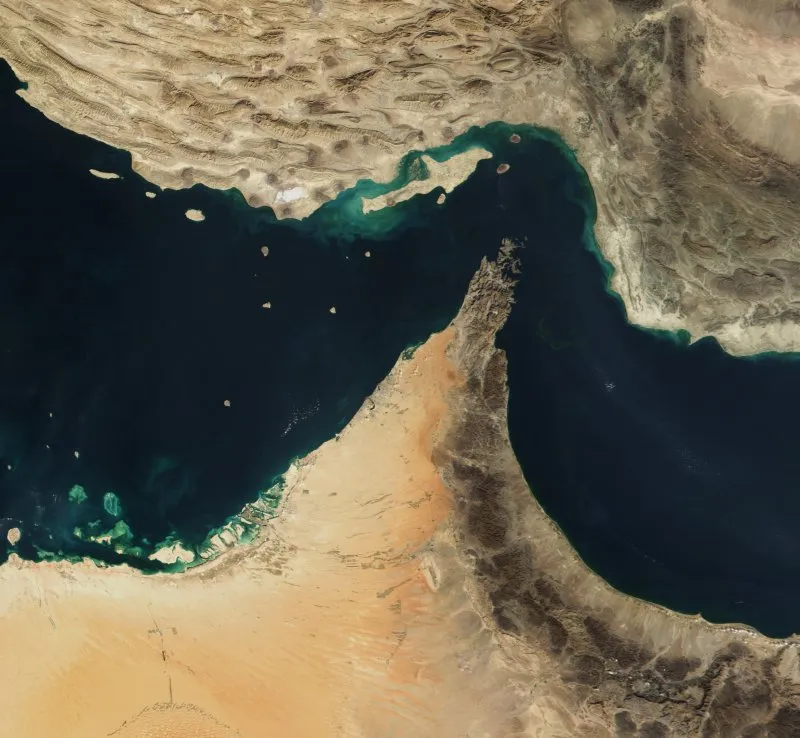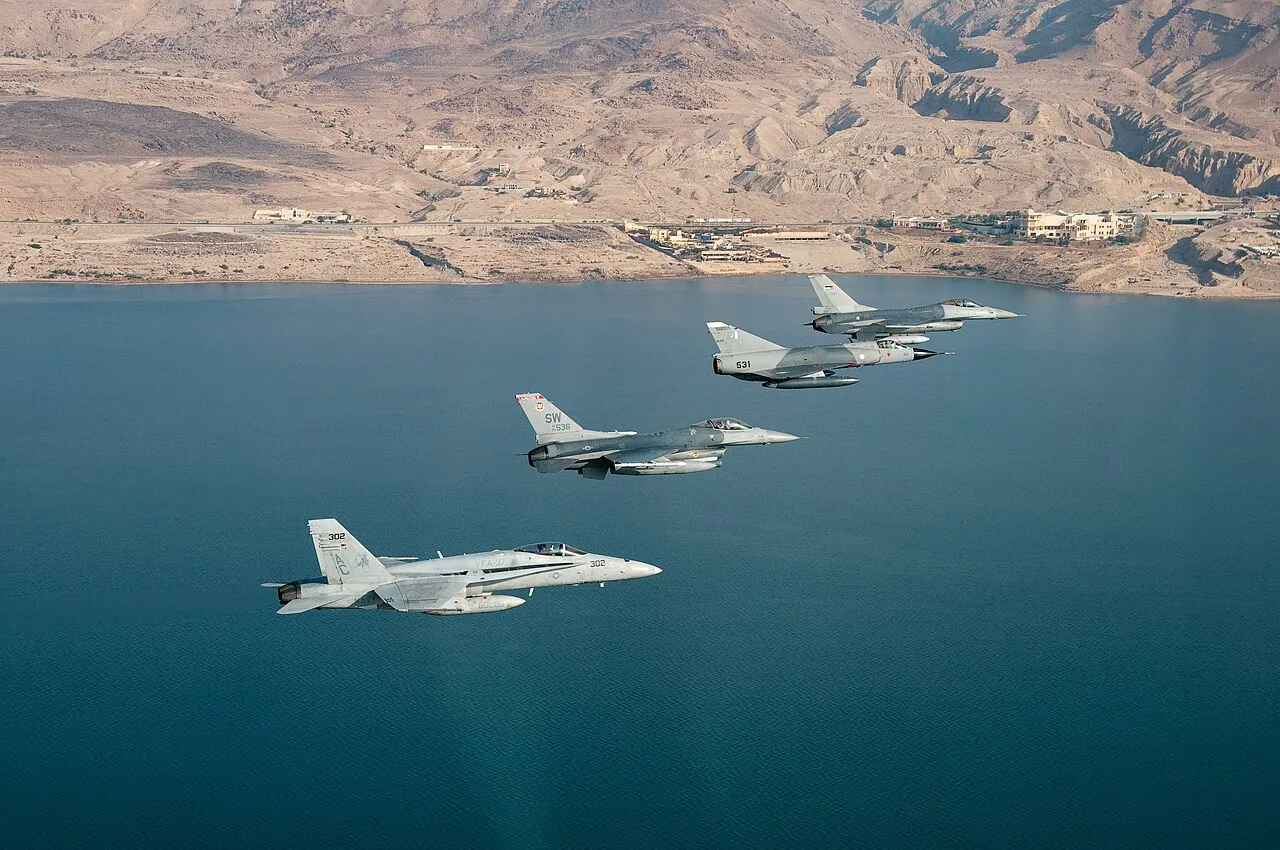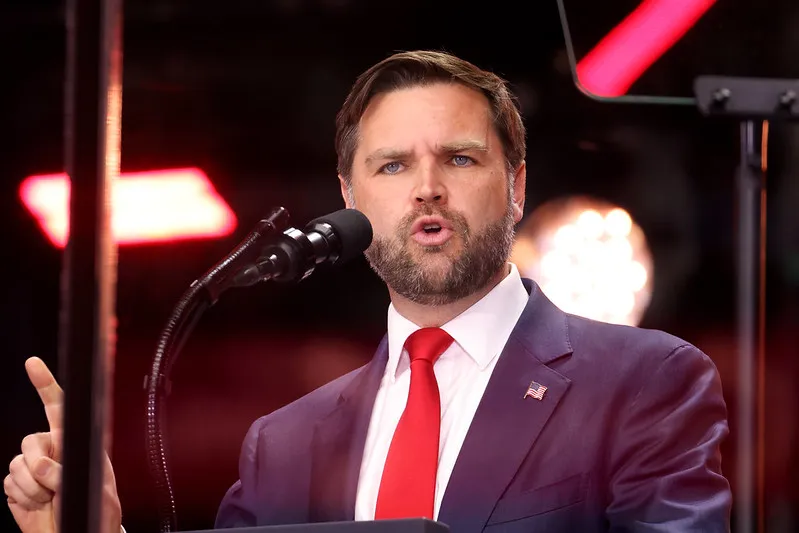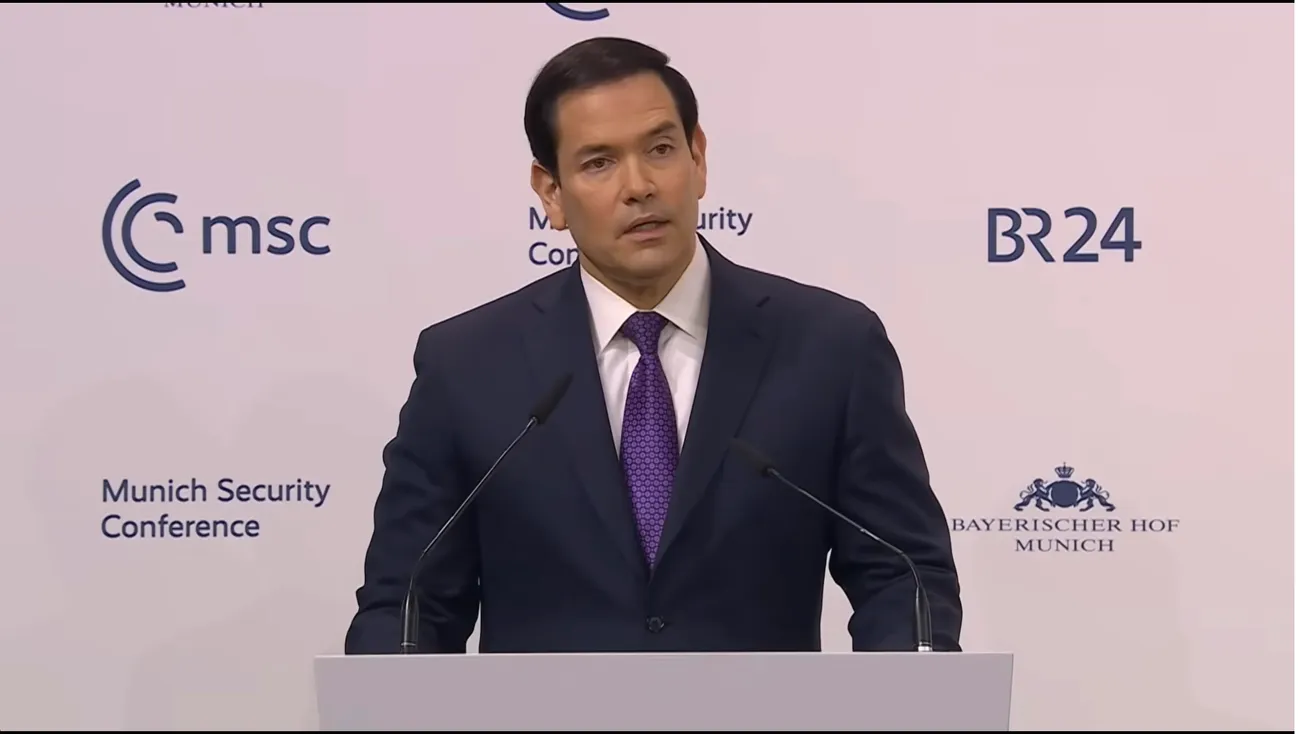Prominent Russian armchair strategist Sergey Karaganov apparently has taken on a personal mission to convince the Russian government and society to dump Russia’s current restrictive nuclear doctrine, and go for preemptive nuclear war. He launched this campaign in June, with two articles proposing that Russia might launch nuclear strikes on Europe to restore “the fear of atomic escalation” and thus “save humanity from a global catastrophe.” His proposal set off a firestorm of opposition, but the option was on the table. He escalated Sept. 26, with a new, 7,500-plus word article in Russia in Global Affairs more lunatic than the previous ones.
Karaganov, well-connected with the Western elite for decades (on the Council on Foreign Relations International Advisory Board 1995-2005 and a Trilateral Commission member, 1997-2013) insinuates that fervent Russian critics of his strategy could be “defeatists who have not yet fled Russia but who nonetheless hate the country.”
But his starting premise mirrors the utopian delusions of his erstwhile Western buddies: that “the automatic escalation from limited nuclear weapon use to a global thermonuclear conflict is a myth.” The British Monarchy’s Chatham House assumes that Russia will back down, when it comes to a nuclear showdown; Karaganov declares NATO’s Article 5 to be “a bluff.”
His view of mankind is likewise Hobbesian. Even in “a fairer world” order, there will be “new giants” which will inevitably compete. “The intensification of the nuclear factor with the terror it instills is necessary to prevent the inevitable rivalry from escalating into hostilities,” he believes.
Karaganov admits that “discussing specific scenarios for using nuclear weapons is clearly above my paygrade, since I am not even familiar with our capabilities or those of our adversaries, including potential ones.” No matter. He blithely argues that “if nuclear weapons will have to be used (God forbid), the strike should be of a sufficiently large proportion;” too small a limited exchange of nuclear weapons would only reduce their “deterrent” effect.
The “practical steps to consider” that he offers include:
“Washington’s hawks and US society must understand that retribution for their reckless and aggressive policy is inevitable. To achieve this, it is necessary, first, to promptly lower the threshold for the use of nuclear weapons in our doctrine, which was blithely if not irresponsibly raised, and second, to cautiously but decisively move up the ladder of escalation-deterrence…. If… the West does not retreat or revise its policy — to resort to the use of a few nuclear weapons against several countries in Europe….
“If … the US/West attacks the Russian armed forces with nonnuclear means `in retaliation’ for our preemptive use of nuclear weapons …, the adversary must be warned … publicly that a second wave of nuclear strikes against the European countries will follow…. If the U.S. … continue[s] its aggression, then Washington must be warned that nuclear strikes will follow against US bases in Europe, resulting in the deaths of tens of thousands of American servicemen….” And so forth.





